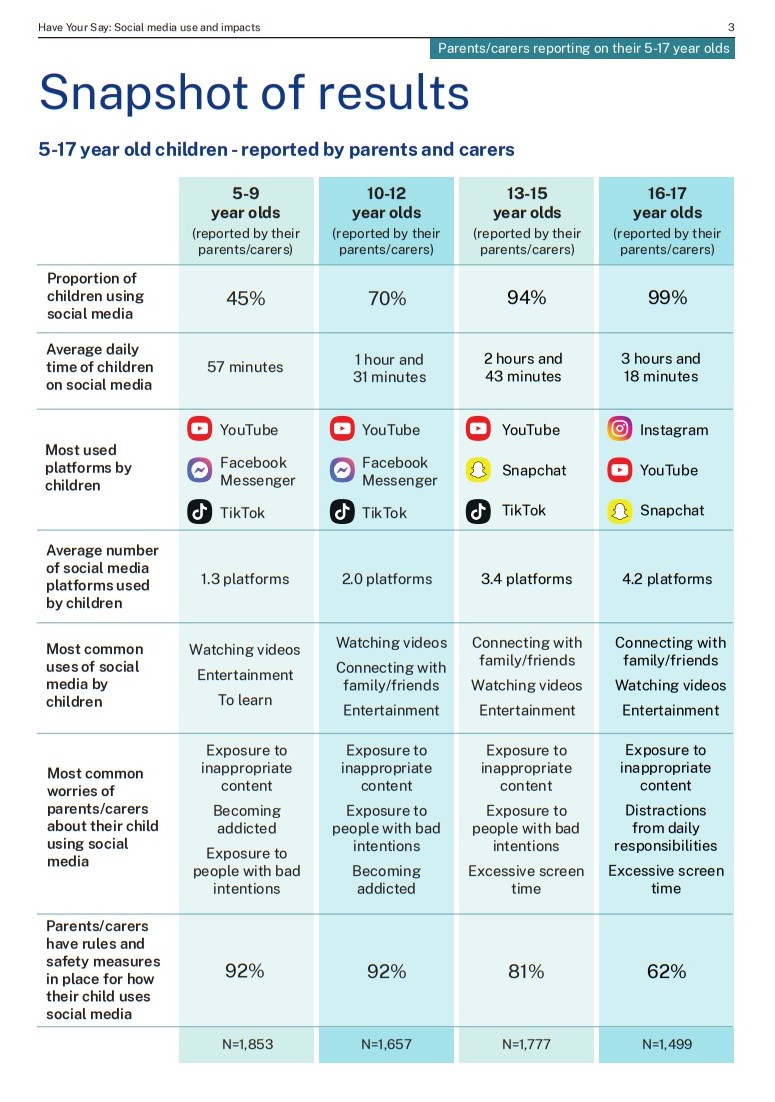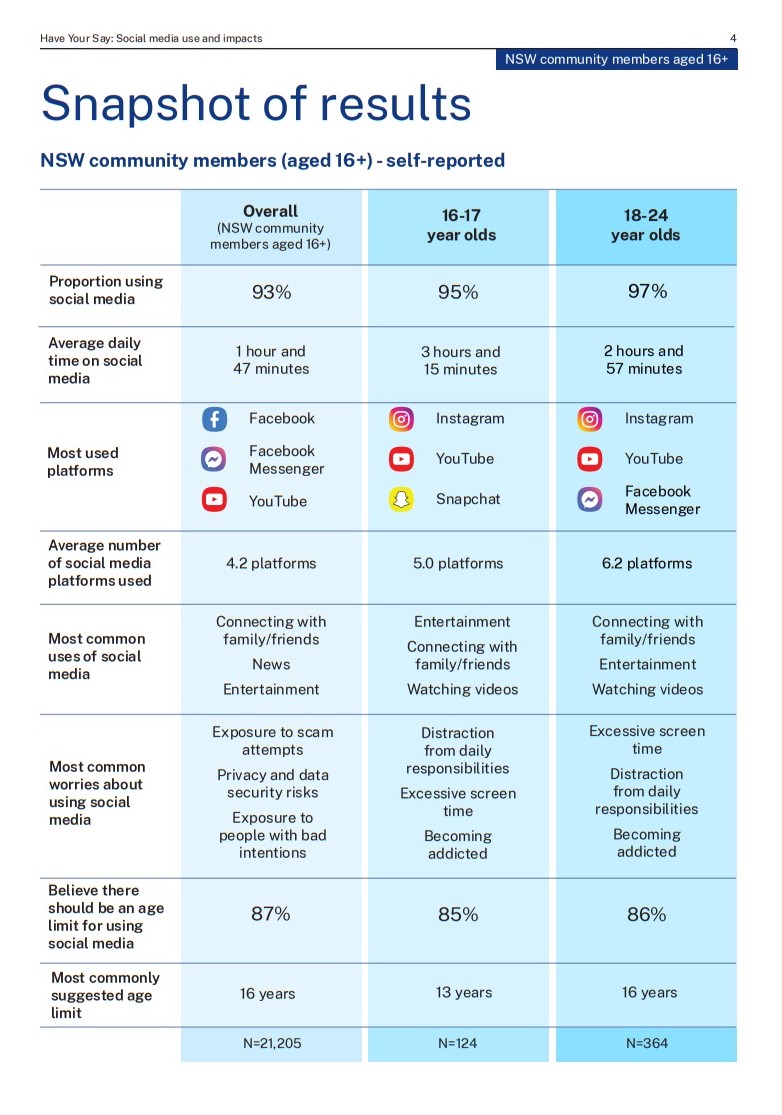
For almost a decade, researchers have been gathering evidence that the social media platform Facebook disproportionately amplifies low-quality content and misinformation.
So it was something of a surprise when in 2023 the journal Science published a study that found Facebook’s algorithms were not major drivers of misinformation during the 2020 United States election.
This study was funded by Facebook’s parent company, Meta. Several Meta employees were also part of the authorship team. It attracted extensive media coverage. It was also celebrated by Meta’s president of global affairs, Nick Clegg, who said it showed the company’s algorithms have “no detectable impact on polarisation, political attitudes or beliefs”.
But the findings have recently been thrown into doubt by a team of researchers led by Chhandak Bagch from the University of Massachusetts Amherst. In an eLetter also published in Science, they argue the results were likely due to Facebook tinkering with the algorithm while the study was being conducted.
In a response eLetter, the authors of the original study acknowledge their results “might have been different” if Facebook had changed its algorithm in a different way. But they insist their results still hold true.
The whole debacle highlights the problems caused by big tech funding and facilitating research into their own products. It also highlights the crucial need for greater independent oversight of social media platforms.
Merchants of doubt
Big tech has started investing heavily in academic research into its products. It has also been investing heavily in universities more generally. For example, Meta and its chief Mark Zuckerberg have collectively donated hundreds of millions of dollars to more than 100 colleges and universities across the United States.
This is similar to what big tobacco once did.
In the mid-1950s, cigarette companies launched a coordinated campaign to manufacture doubt about the growing body of evidence which linked smoking with a number of serious health issues, such as cancer. It was not about falsifying or manipulating research explicitly, but selectively funding studies and bringing to attention inconclusive results.
This helped foster a narrative that there was no definitive proof smoking causes cancer. In turn, this enabled tobacco companies to keep up a public image of responsibility and “goodwill” well into the 1990s.

A positive spin
The Meta-funded study published in Science in 2023 claimed Facebook’s news feed algorithm reduced user exposure to untrustworthy news content. The authors said “Meta did not have the right to prepublication approval”, but acknowledged that The Facebook Open Research and Transparency team “provided substantial support in executing the overall project”.
The study used an experimental design where participants – Facebook users – were randomly allocated into a control group or treatment group.
The control group continued to use Facebook’s algorithmic news feed, while the treatment group was given a news feed with content presented in reverse chronological order. The study sought to compare the effects of these two types of news feeds on users’ exposure to potentially false and misleading information from untrustworthy news sources.
The experiment was robust and well designed. But during the short time it was conducted, Meta changed its news feed algorithm to boost more reliable news content. In doing so, it changed the control condition of the experiment.
The reduction in exposure to misinformation reported in the original study was likely due to the algorithmic changes. But these changes were temporary: a few months later in March 2021, Meta reverted the news feed algorithm back to the original.
In a statement to Science about the controversy, Meta said it made the changes clear to researchers at the time, and that it stands by Clegg’s statements about the findings in the paper.
Unprecedented power
In downplaying the role of algorithmic content curation for issues such as misinformation and political polarisation, the study became a beacon for sowing doubt and uncertainty about the harmful influence of social media algorithms.
To be clear, I am not suggesting the researchers who conducted the original 2023 study misled the public. The real problem is that social media companies not only control researchers’ access to data, but can also manipulate their systems in a way that affects the findings of the studies they fund.
What’s more, social media companies have the power to promote certain studies on the very platform the studies are about. In turn, this helps shape public opinion. It can create a scenario where scepticism and doubt about the impacts of algorithms can become normalised – or where people simply start to tune out.
This kind of power is unprecedented. Even big tobacco could not control the public’s perception of itself so directly.
All of this underscores why platforms should be mandated to provide both large-scale data access and real-time updates about changes to their algorithmic systems.
When platforms control access to the “product”, they also control the science around its impacts. Ultimately, these self-research funding models allow platforms to put profit before people – and divert attention away from the need for more transparency and independent oversight.![]()
Timothy Graham, Associate Professor in Digital Media, Queensland University of Technology
This article is republished from The Conversation under a Creative Commons license. Read the original article.

